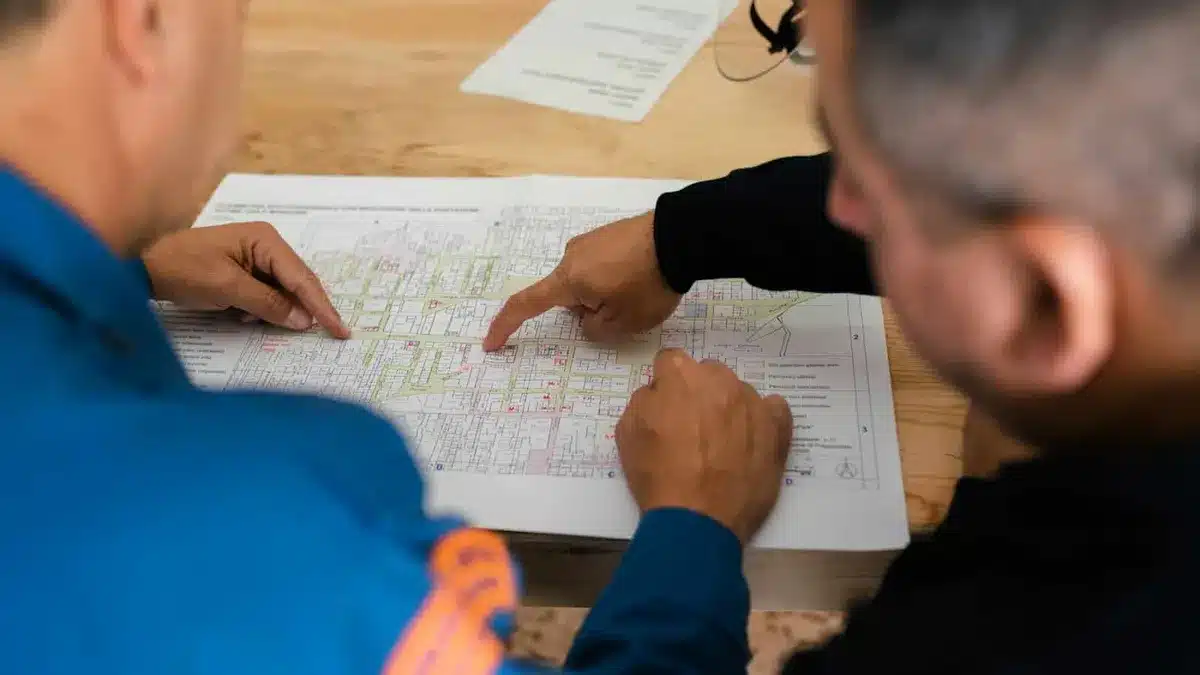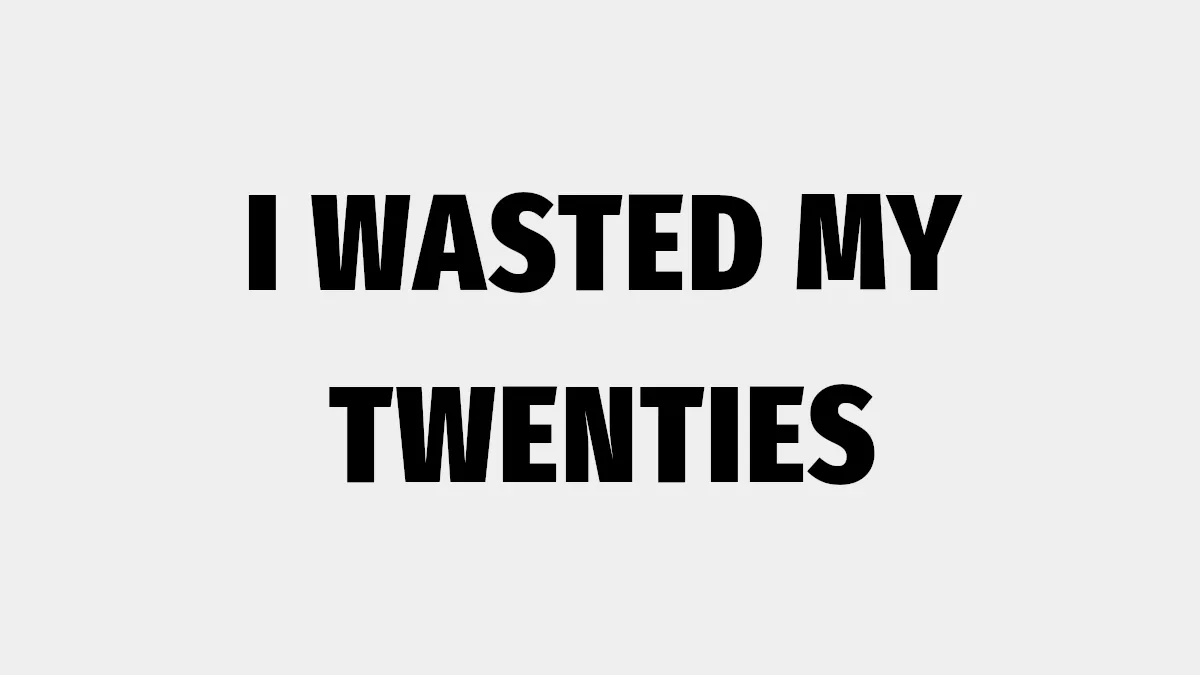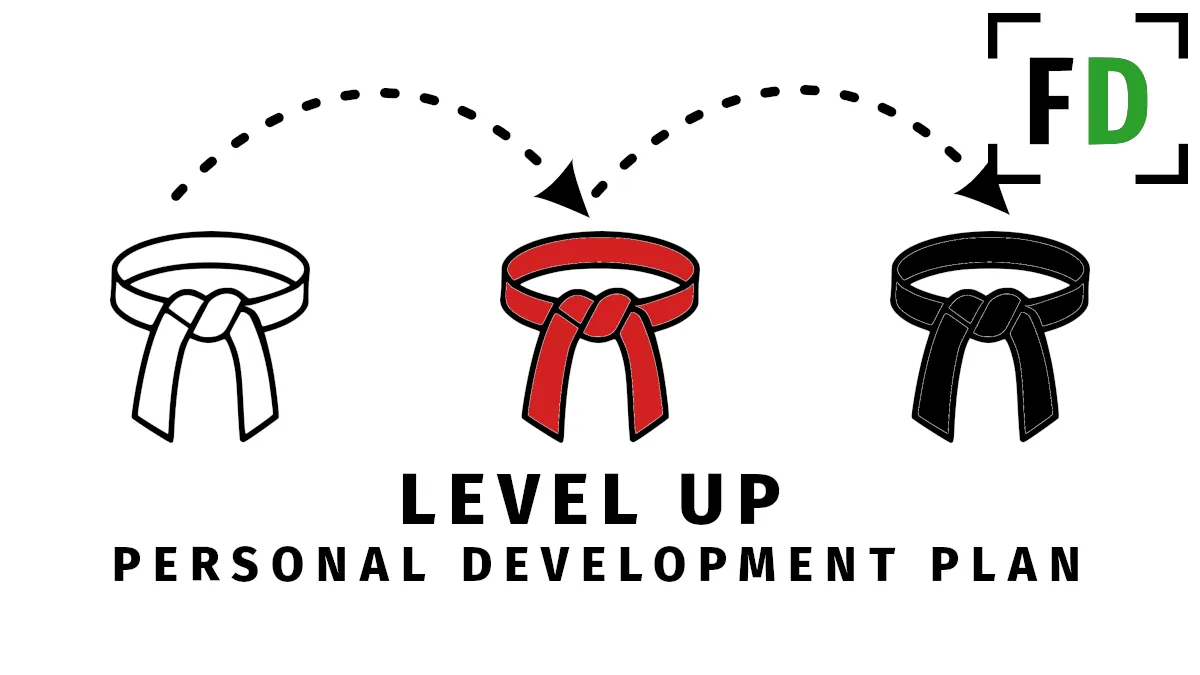Half of Americans have read four or fewer books in the past twelve months. How many did you read? Developing a solid reading habit is the only way to fight ignorance and it will pay you dividends for the rest of your life. Though it can be difficult at first, this post will give you the tips you need to develop a reading habit and become a lifetime reader.
Why You Need a Reading Habit
“Why do I need to read anyway?”
It is a common sentiment among people that don’t read much. It’s easy to see why too. As children, most of us were forced to read books we either weren’t interested in or didn’t like (knowing you had to write a book report on it didn’t help either). This animosity towards books holds firm for many far into their adult lives.
You’re not that kid anymore, though, and you can choose what you read! So pick something fun like The Hitchhiker’s Guide to the Galaxy or a book focused on one of your passions or by an author you love. For example, I loved reading The Bruce Lee Library as a child simply because I was such a fan of Bruce Lee.
Reading is a Mental Workout
A reading habit has been shown to improve memory and cognitive ability – it makes you smarter in more ways than one. Moreover, maintaining a reading habit will cause less mental deterioration as you age. So if you’re planning on living a while, get reading!
Remembering characters’ names and the details of the plot forces us to engage our memories when we read but reading also develops our analytical skills. As you read, your mind naturally makes predictions about what will happen next, who killed who, or whether or not the butler really did it. The only way your mind is able to do this is by analyzing the information it has already collected and making connections. The more you read, the better you’ll become at this.
Reading is also a great skill to develop focus and concentration. To be successful in most jobs and endeavors requires a huge amount of focus and concentration and right now it’s something most of us greatly lack. The convenience of our technology has made us impatient and unable to do deep focused work for long periods of time.
Want to be a skilled coder? A juggler? A graphic designer? They all require the ability to focus and do deep work. Reading is great practice for any kind of focus work and though you may find yourself getting distracted easily at first, as you build your reading habit, you’ll notice that you can read for longer and longer.
Great Books Contain Great Knowledge
Reading can be paradigm shifting.
If you think you learned everything you need to know in school, think again. Not only are our schools doing a poor job of informing students and preparing them for adulthood, but what about all the discoveries made since you graduated? Are you just going to ignore them?
A solid reading habit, even if it’s fiction, allows us to continue building a base of knowledge we desperately need.
Our knowledge informs our decision-making, and our decisions ultimately decide our lives. Want a better life? Make better decisions – read more!
Learn New Skills With Non-Fiction
Everyone wants to be successful, even if we all define it differently. We would all like to earn a little more and be better at what we do both in and out of work. A consistent reading habit is the key to develop the skills you need to succeed.
Is picking up a book on time management going to make you much more productive? Probably not. But spending twenty minutes every day reading a productivity book for a year will make a huge difference. When it comes to something as critical as how you spend your time, it’s not about knowledge; it’s about practice.
A reading habit will take your mind to a new place and idea, do it often enough, and you’ll start to act it out.
How to Create a Reading Habit
If you have a bullet journal, a notebook, or an organizational Planner, pull it out and turn to a blank page. If you don’t, open up a clean Google Doc or Evernote Page. Title the page My Reading Habit. Together we will build your reading habit right here, right now. It doesn’t take much, just go through the following steps.
1. What’s Your Reason?
Why do want a habit of reading? Why do you want to read more? Is it to escape the boring evenings in your apartment? Or to figure out a way to make more money or build a business? Is it because you’re sick of always shying away from conversations about great novels? Or is it to help you get through the next year of college with a passing grade?
Whatever your reason is, write it down at the top of the page
I want to build a habit of reading so I can have philosophical debates and actually know what I’m talking about.
2. What’s Your Commitment?
Now you know why you want to start reading more, the next step is to figure out how much you’re going to read each day. Developing a love for reading takes time and it may be a challenge at first. Keep that in mind when you’re making your commitment, don’t over-commit.
When Can You Read? Start by figuring out how much time you have to read each day and which times of the day would be most convenient.
How Much Will You Read? Committing to reading a certain number of pages or for a certain length of time is best when you’re first establishing your reading habit. “Reading every day” or “finishing a book each week” are good reading goals but they are not the best way to commit to a new habit. You need something measurable.
You could commit to reading 5 pages every day or for 20 minutes each morning. Whatever you decide, make sure it’s something you know you can hit every day; you can always increase your commitment down the road if it’s too easy. Write your commitment under your reason.
I want to build a habit of reading so I can have philosophical debates and actually know what I’m talking about.
I will read for 20 minutes before breakfast each morning.
3. What Will You Read?
I know you want to jump in and crack open a new book already but there’s one more step and then we’re done here. You need to decide what to read.
Many people get enthusiastic to start reading and quickly finish a good paperback or some brilliant nonfiction page-turner only to realize they don’t have anything else to read! They spend their time looking for the next best thing but they’ve already broken their habit. Don’t let this happen to you!
Look back at your reason at the top of the page, that should give you some direction. Find at least 5 books online that you would enjoy reading. Write them on your page, this will now be your to-read list.
If you like to read physical books instead of eBooks, buy all the books on your list and put them on the bookshelf.
Order your list so you know what to read next. Now you can get started.
I want to build a habit of reading so I can have philosophical debates and actually know what I’m talking about.
I will read for 20 minutes before breakfast each morning.
- On the Shortness of Life – Seneca
- A Confession – Tolstoy
- The Tao of Pooh – Benjamin Hoff
- Zen and the Art of Motorcycle Maintainance – Rober Pirsig
- Siddhartha – Herman Hesse
What Should I Read as a Beginning Reader?
If you’re still having trouble deciding what to read, here are some suggestions.
You’re starting a new reading habit, so don’t be too strict with yourself. Pick something fun and easy. Though you may wish to read War and Peace, it’s not where you should start. Build the habit first, then read the more challenging books later.
Start with your interests, you’re much more likely to keep reading every day if you chose something you’re passionate about. If you love history, check out historical fiction or some non-fiction history books. If you’re into sports, look for books or biographies written by your favorite players.
Reread some short stories of children’s books you read when you were at school, you already know you can finish them and you’re sure to have a different perspective on them now.
Self-help, business, and personal finance are genres known for being easy to read and useful too. Check out some time management or self-help quotes and read the books of the quotes that speak to you
If you want to read some good fiction, you can look for shorter books by great authors or books for young adults as they tend to be captivating without being too complex. Here are some good book recommendations:
- Alice’s Adventures in Wonderland
- Peter Pan
- Chronicles of Narnia Series
- The Hobbit
- Lord of the Flies
- Harry Potter Series
- The Diary of a Young Girl
Tips to Develop a Reading Habit
1. Commit to Read Every Day
The best way to build any habit is to do it every single day. The mind quickly realizes this is something we do and starts to expect it. Giving yourself days off only tells the mind that not reading is an option.
So does that mean you need to read on days you’re busy? Yep. What about holidays, birthdays and Christmas? Yep.
Reading daily isn’t just a good idea for making a habit stick; it also accomplishes the goal of reading books. Compare a reading habit of three times a week to a daily reading habit, and you will see the difference.
- 30 minutes daily reading – 36 Books a year
- 30 minutes three times a week reading – 15 Books a year
*Assuming 5 hours per book
2. Schedule When to Read
Using time management tools such as a habit tracker, timer, or calendar to schedule your reading time will make you more likely to do it!
Read at the same time each day if you can; this will train your mind to expect it more and when the mind knows it’s coming, it is much less likely to resist and tell you to do something else.
3. Leave Your Book Out
My Mom gave me this advice years ago; she said if I wanted to make juice often (I’d just bought a juicer), I should leave it out rather than put it in a cupboard. Of course, I didn’t listen, and the juicer was still in the box the day I moved out of that apartment, but I’ve learned since then, Mom’s usually right!
SO leave your book out in a place you will see it, the coffee table, on your desk, by the bed, or in the bathroom (yep, that’s what we used to do before smartphones, weird, eh?).
4. Don’t Finish a Book if you Don’t Enjoy it
Remember, no teacher is looking over your shoulder; you’re in charge! So don’t finish a book if you’re not enjoying it. This is especially true while trying to build the habit; later, when your reading habit is strong, you can always return to a complex book.
You’re just trying to secure the reading habit in the first few months, so make it easy on yourself. Once you have the habit in place, you’ll have time to read all the books you feel you should read. For now, stick with the books that are easy to pick up.
5. Do it First Thing in the Morning
I love reading with a cup of coffee in the morning, even if it means waking up a little earlier. It’s a great idea for your morning routine. If you’re a morning person or you already read the news or scroll social media in the morning, try swapping it out for reading something you’ve chosen instead of what the algorithm thinks you should see.
6. Give Yourself a Reward
You might be too old for stickers, but you’re never too old to reward yourself. Rewarding yourself for behavior is a well-documented method of encouragement; the reward triggers the dopaminergic system, making you want to do it again in the future.
What’s a good reward? Snacks, while you read, are a good choice. You don’t need to finish your reading before you get your reward and your mind will associate reading with yumminess, reinforcing the idea that you should read more. It doesn’t have to be food, though; it could be a big reward on the weekend if you complete all your reading for the week or month. But, again, using a habit tracker will help you.
7. Keep a To-Read List
Not knowing what to read I one of the biggest reasons people give for why they’re not in the middle of a book right now. There are more good books than any of us can ever read, so this should never be an excuse. You need to spend the time to make a list! Use the notes app on your phone or download a good list management app.
If you use Goodreads or Kindle, you can keep a to-read list there, so you always have your next book lined up.
8. Buy a Kindle
Other than not knowing what to read, the next biggest excuse for not reading is not having anything to read. Bookstores aren’t as accessible as they were, and public libraries are starting to become obsolete, but there is another way. Buying a Kindle or another eReader gives you access to any book in seconds.
9. Choose Audio Books Instead
There’s really no excuse to not cultivate a reading habit now when you can download audiobooks so you can listen in the gym, on the way to work, or lying in bed when you can’t sleep.
When a book is read aloud it engages a different part of the brain, I find that I can picture a scene much more clearly when I’m listening to an audiobook.
The benefit of reading over listening however is the ability to easily reread, stop and consider a sentence or an idea.
10. Read with Others
Find a friend, colleague, or family member who wants to create a reading habit too, and decide to do it together. A reading group is great if you can find one but just having one person to discuss a good book with can be all you need to keep up with your habit. A little peer pressure helps too on the days when you’re thinking about skipping your pages.
11. Write Reviews
Writing reviews for Goodreads or Amazon can be fun as well as a brilliant way to crystallize the book in your mind. You don’t have to put your reviews up on their sites though, put them onto your social media or why not start your own blog. When your network knows what you’re reading, their expectations of a review soon will push you to read on.
12. Visit a Library
Taking a trip to a library is not only a chance to take some new books home but it’s also exciting walking around and seeing what’s on the shelves. Sure, you could just browse online, but it’s not the same! Don’t forget that a librarian is a fantastic resource. Tell them what interests you, they are bound to come up with some awesome reads.
13. Do a Reading Challenge
A reading challenge is a great way to get yourself motivated and excited to pick up that book every day. You could try committing to read a certain number of pages each day, a book a week, or to read 50 books this year. Whatever challenge you decide to start, make sure your goal isn’t too ambitious Feeling pressure to read when you’re not in the mood can kill a reading habit quickly.
14. Use RSVP Software
The first time I saw Rapid Serial Visual Presentation, I fell in love. It’s a speed reading technique that uses software to boost your reading speed. The average person reads at about 220 words per minute, but with a speed reading app utilizing RSVP you can boost that past 400 wpm easily. You may even be able to go way beyond that with a little practice.
RSVP software shows you one word at a time so you can keep your eyes fixated in one spot and the app will feed you the words one by one. If you’ve never tried it, give it a go! If you use Android, try using SpeedRead.






